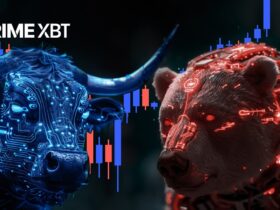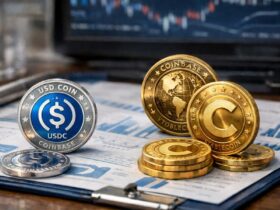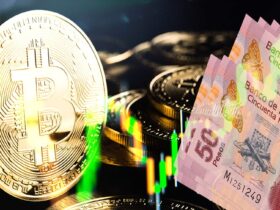Howard Lutnick, CEO of financial services firm Cantor Fitzgerald, argued this week in an interview that bitcoin (BTC) should be treated as a commodity, equating it with traditional commodities such as gold and oil.
“When you really understand bitcoin, it is difficult to see it any other way,” Lutnick commented.underscoring the nature of bitcoin as a commodity.
Lutnick, who lost more than 658 employees in the attacks of September 11, 2001, has led the rebuilding of his company and has become a prominent figure in the financial and philanthropic world.
Through his experience in financial markets and his interest in cryptocurrencies, Lutnick has been an advocate for Bitcoin, even contemplating a role in the presidential transition if Donald Trump were to win the election in November.
During the interview, Lutnick criticized regulators’ lack of understanding of cryptocurrencies, “Let’s face it. They don’t even know cryptocurrencies and digital at all. They have no idea. They still don’t understand how important it is to do so. “They have no idea what they are talking about,” he said.
“They have no idea that bitcoin is a commodity, it should be treated like gold and oil, it is just a commodity. Other digital currencies are different, other digital assets are different, but bitcoin is a commodity. Why can’t they understand it? “It just doesn’t make sense to me,” he added.
The CEO also projected a future where commodity and stock markets could merge, although he estimated that this could take up to 20 yearsciting regulators’ current lack of understanding of what constitutes a commodity in the digital context.
Recently, Gary Gensler, chairman of the SEC, reaffirmed the position of the commission that bitcoin is a commodity and not a security, a view the SEC has held for years. This statement supports Lutnick’s argument, although the regulation of this digital asset remains a complex and developing field.
The classification of bitcoin as a commodity is significant because it offers regulatory clarity, legal protection, and access to raw materials marketsattracting institutional investors and facilitating their integration into the traditional financial system.
Not classifying as a security avoids additional restrictions, favoring its growth and adoption, and potentially favoring its price in the long termbenefiting both the digital currency and its community of users.
This article was created using artificial intelligence and edited by a human Editor.






Leave a Reply